Aptly themed Amazing Women with Vision, the event has been three years in the making…
Breaking down barriers with the Rural Women’s Gathering
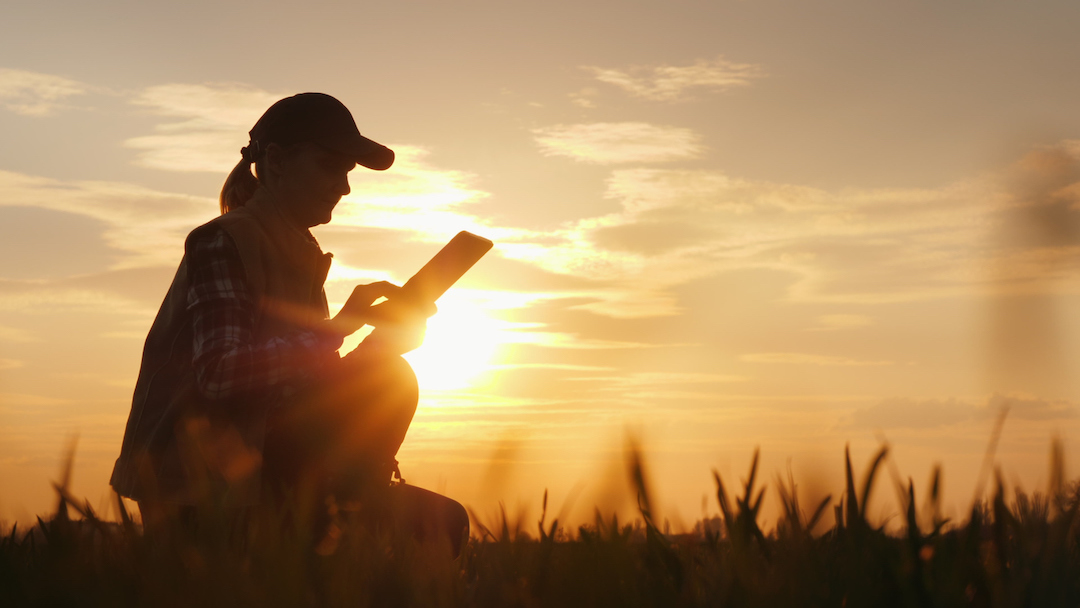
Marg Carroll never expected that the idea for a rural women’s gathering would still be popular and occurring annually three decades after the first event. (One gathering was affected in recent years by the COVID-19 pandemic.) Marg was employed as the coordinator of the NSW Rural Women’s Network when she and Ronnie Hazelton gathered together a group of volunteers to organise the NSW Women of the Land Gathering in 1993, at Orange.
“We based the first gathering and the speakers around the kind of issues we saw – grief and loss, drought, deb, intergenerational relations on farm,” Marg says.
“I’m astonished it’s still going. It was a real hold-your-breath moment at the end of the first gathering, waiting to see if another group would put up their hands to host it the next year.
“It’s a lot of work for volunteers to organise the gathering.
“The format has endured. The reasons it works is having excellent speakers, we learn from each other, and the focus is on having fun and celebrating being rural women.”
It was renamed the Rural Women’s Gathering in 1999.
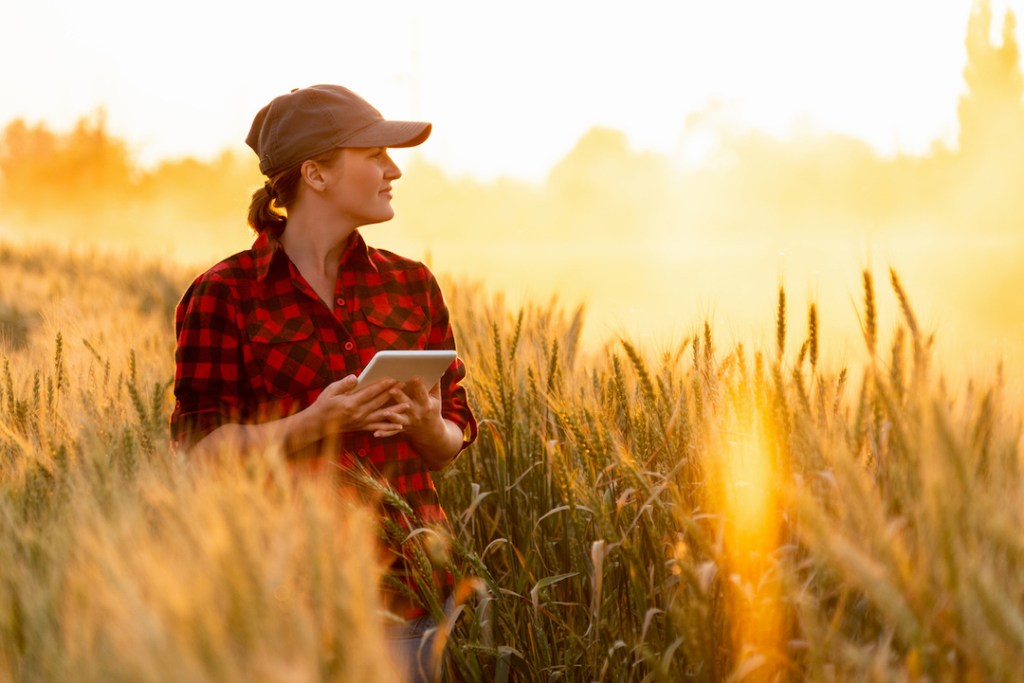
This year, the gathering returns to Orange. It also continues to be supported by the Rural Women’s Network, which is part of government department, Women NSW, and operates under the auspices of the Department of Premier and Cabinet.
This year’s gathering was going to be held earlier in spring, but the date was shifted to November.
This year’s gathering has also been shortened to Saturday and Sunday, rather than a three-day event.
“I think that was a good idea, to shorten the gathering,” Marg says.
“Attendees will still hear women telling their stories, and there’ll still be interesting workshops and tours of the local area to participate in.
“There’s also a lot of financial support that’s been made available to help women attend.
“One of the important aspects of the gatherings is accessing funding to pay the costs for women to attend.”
NSW Farmers is a long-time supporter of the gathering.
“The gathering is a really important opportunity for women in agriculture to come together and talk about the things that are challenging them in their communities,” says Kathy Rankin, NSW Farmers Policy Director – Rural Affairs and Business Economics and Trade.
“Gatherings like these help women to develop and build skills and capacity to contribute in their communities and more broadly.”
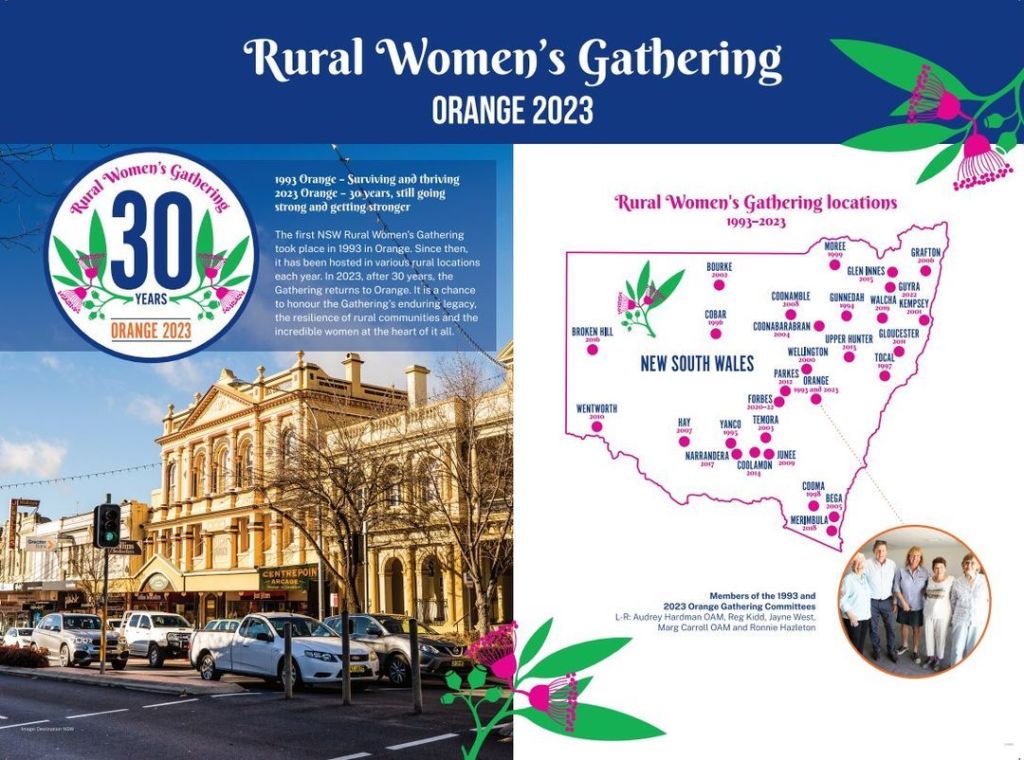
Since 1993, the gatherings have been held at Orange, Gunnedah, Yanco, Cobar, Tocal, Cooma, Moree, Wellington, Kempsey, Bourke, Temora, Coonabarabram, Bega, Grafton, Hay, Coonamble, Junee, Wentworth, Gloucester, Parkes, Upper Hunter, Coolamon, Glen Innes, Broken Hill, Narrandera, Merimbula, Walch, Forbes, Guyra and returning to Orange in 2023.
The gathering continues to be supported by the NSW government each year, through the Rural Womens Network, a department now within Women NSW.
For women, by women
One of the speakers at this year’s gathering is the new Minister for Women, Jodie Harrison, who is also the Minister for Seniors and the Minister for the Prevention of Domestic Violence and Sexual Assault.
The NSW Rural Womens Network reports through Women NSW to her.
“The intention of having the Rural Womens Network and Women NSW within the Department of Premier and Cabinet is to ensure it is recognised as relevant to more than agriculture or primary industries,” Jodie says.
“It is relevant to government decision-making across a lot of ministries, and the issues that women face are considered at the heart of government decision making.
“We’ve dedicated $3.7 million over four years for the Rural Womens Network to administer a range of programs, to ensure women in rural and regional areas are heard and listened to, and providing increased support to lift women up.
“This includes funding to assist women to attend the gathering in Orange, sponsoring five women to attend the Thrive conference, and supporting the Agrifutures Rural Woman of the Year awards.
“We’ve reinvigorated the Hidden Treasures Honour Roll, and are calling for nominations of women who are under the radar, women who are fundamentally part of their community and getting on with what they do.
“Through the Hidden Treasures Honour Roll we want to recognise and honour these women in rural NSW.”
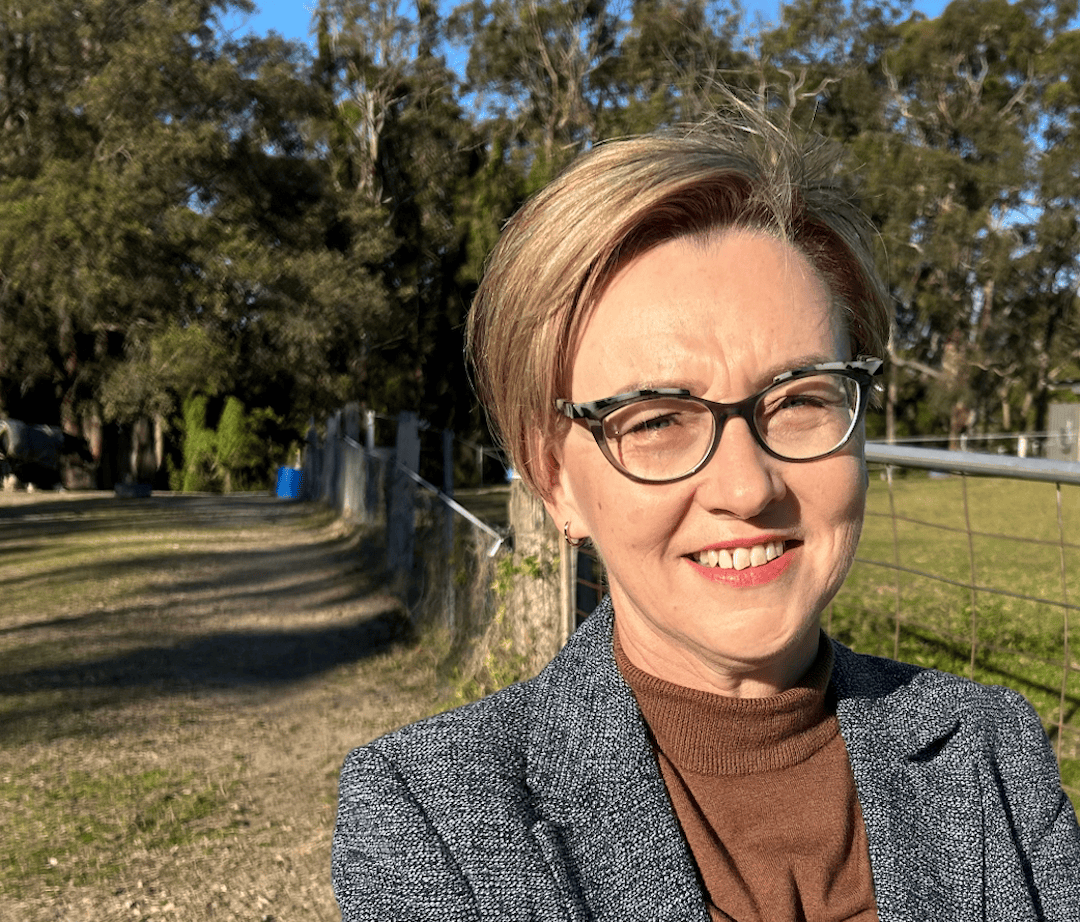
The Minister has an interesting combination of ministerial portfolios, with relevance to rural women.
“There are overlaps between these portfolios and they impact across a number of other senior ministerial portfolios,” Jodie says.
“Health because domestic violence and sexual assault survivors are frequently needing help within our health system. These issues also have multigenerational and trauma effects, and unless we support the victim properly there will be ongoing effects.
“They are also connected to police, and access to transport and housing generally.
“In the next couple of years, there will be a large number of core and cluster specialised womens’ housing becoming available in regional and rural NSW.”
The combination of portfolios is part of a trajectory for the Minister, which includes service as a youth member of the Salvation Army, where she learned about helping people as part of giving service to others; and as a local government employee where she was the inaugural chairperson of Newcastle City Council’s Women’s Advisory Panel lobbying for workplace improvements in women’s equity.
This led to Newcastle City Council becoming one of the first local government entities to apply 12 weeks employer-funded paid maternity leave.
“Women often don’t always see the value of their own work, and governments have more work to do in that space,” Jodie says.
“This includes recognising women spend a lot of time out of the workforce and are much more likely to end up with less retirement savings than men.
“Historically, society devalues the work of women, an attitude which is inherited within an industrial system.
“As Minister for Women I want to be able to deliver programs that help women
to develop confidence and get into experiences they otherwise might not be able to access.”
That includes return-to-work pathways programs, that funds projects for helping women who experience barriers to employment.
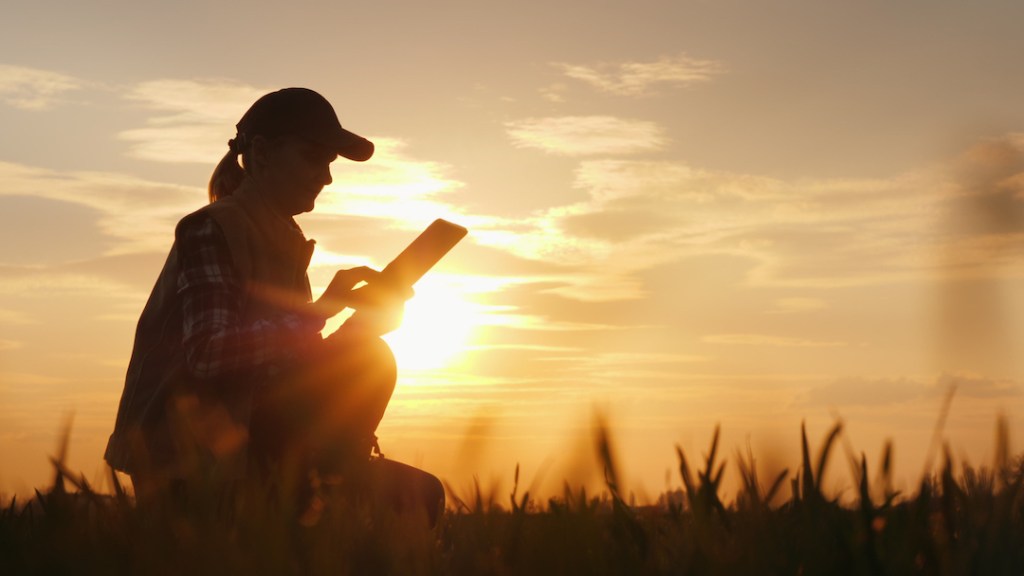
“It may have been a long time since they applied for work, and they need help pulling together a CV, or other assistance,” Jodie says.
Kempsey, Bega Valley, Goulburn, Yass Valley and Upper Lachlan are among the regions funded through this program.
A digital literacy program was rolled out for women in Ballina, Lismore and Richmond Valley, especially with a focus on senior women.
“I consistently hear from women that as they age, they want to remain engaged,” Jodie says.
“Councils get funding to deliver digital literacy programs through their libraries.”
Supporting small businesses
Other government-funded programs include grants to assist women in small business, to provide them with resources, support and networks to access finance to begin a small business, or grow an existing business. NSW Farmers is a recipient of these grants, along with Regional Arts NSW and NSW Indigenous Chamber of Commerce.
NSW Farmers’ Kathy Rankin said the organisation was fortunate to be one of three successful tenderers for this annual program.
“It will enable us to support women on farms to enhance their participation in business,” she says.
“Women are often partners in business decision-making on farms, and responsible for financial management.
“The NSW Farmers grant will focus on supporting the development of skills and capabilities of women on farms, to build their knowledge, to connect to other businesses, to look at innovation, and to build local support networks.
“For example, some women might want to establish an online e-commerce platform or other develop some other value adding process for their product.
“We’ve made a commitment to run a number of workshops and activities across NSW and we’ve employed a coordinator part-time to lead that.
“We are asking women in the regions – ‘what do you want’ and ‘how can we best help you to participate’ – giving them the opportunity to lead decision making according to their needs.”
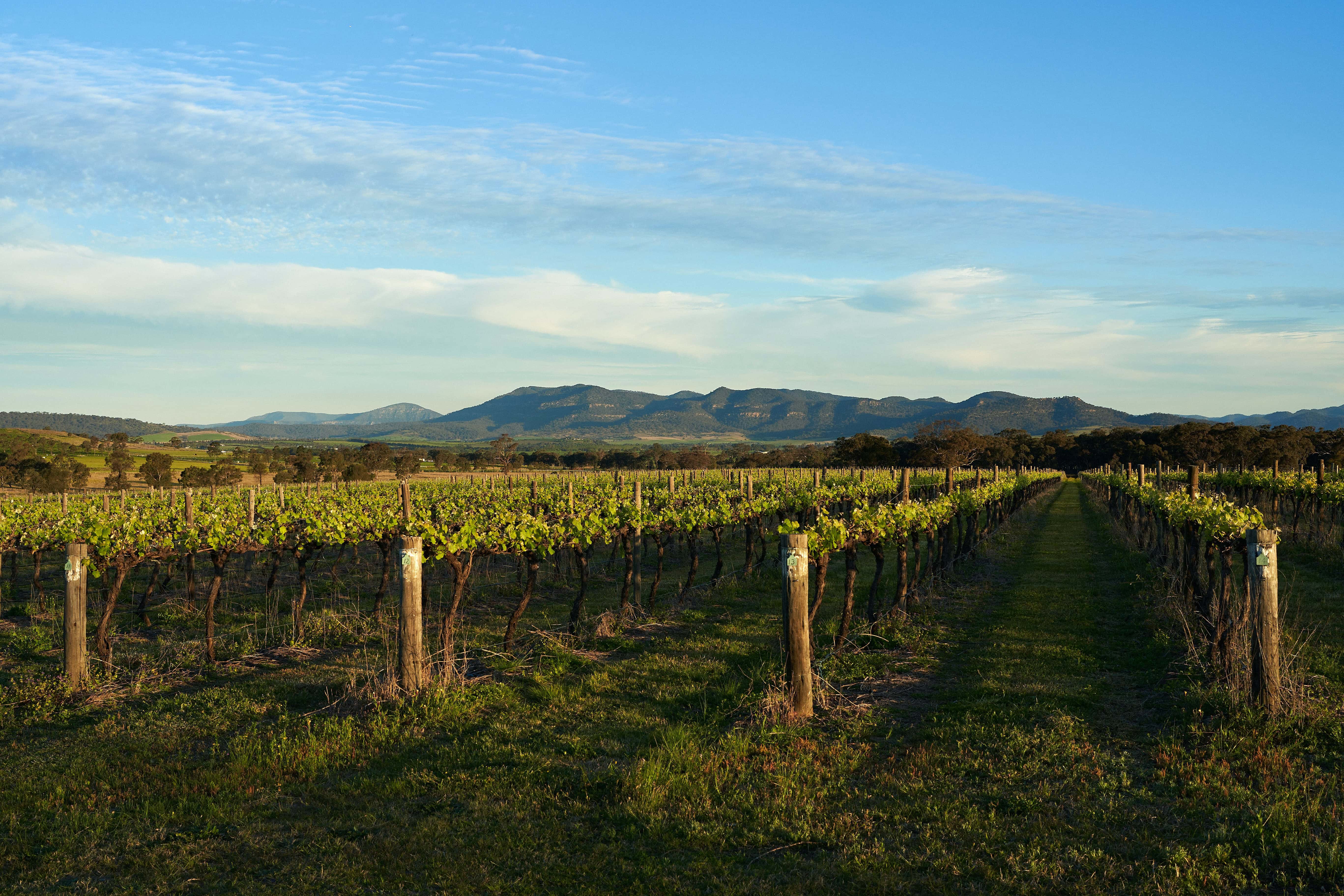
A new chapter
The Rural Women’s Network has funded a commemorative book about the 30 years of gatherings.
Noreen Byrne, an employee of the Rural Women’s Network, has edited the book, drawing on the memories and memorabilia of women who have attended the gatherings once or many times.
Ms Byrne said the book dedicates a couple of pages to each gathering.
“Women have shared their programs, photos and newspaper articles they kept,” she says.
“We also did a search at the State Library of newspaper articles.
“Putting the book together has been an interesting project.
“The local committees were very creative with their over-arching theme at each
gathering.
“A theme connecting the gatherings was the importance of women supporting each other in an informal way and understand how they were experiencing similar challenges to other women.”
The book will conclude with the Orange 2023 gathering.
“At the Orange gathering, I’ll get some photos that will go into the book, to commemorate the 30th year,” Ms Byrne says.
“That will form the final chapter.”
The Rural Womens Network will then make the book available to the public.
To read about the winners of the Rural Women’s Award, click here.






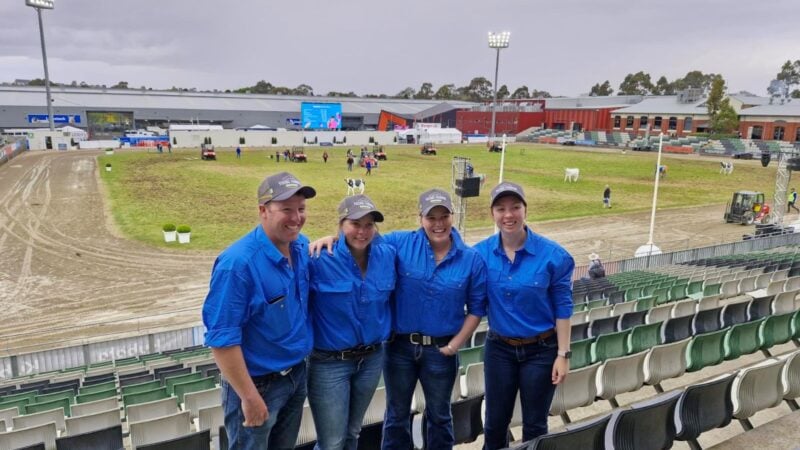
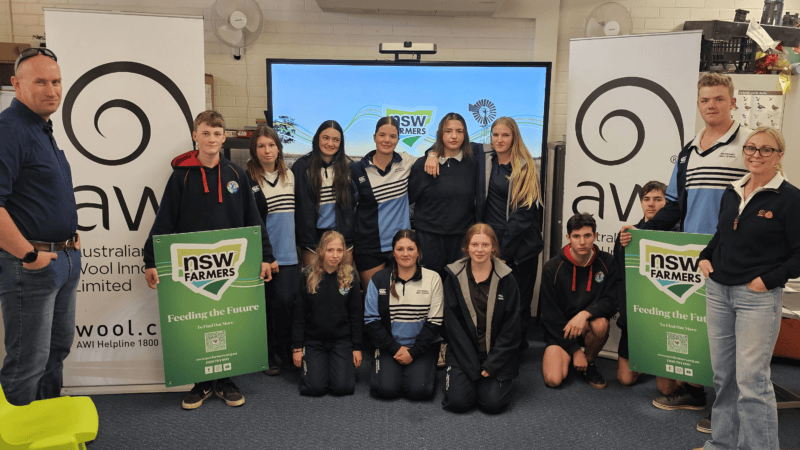
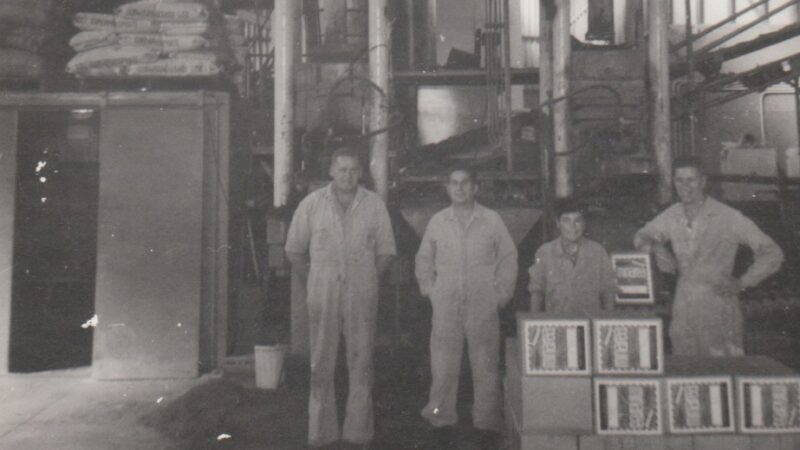
I have only attended three gatherings which I found very good. However I was disappointed that when I had to cancel going to the Hay gathering because of the pressure of running a farm (4000 acres) in a time of low commodity prices the organisers didn’t refund any money. They sent a CD which I didn’t want. So that ended my interest in attending.